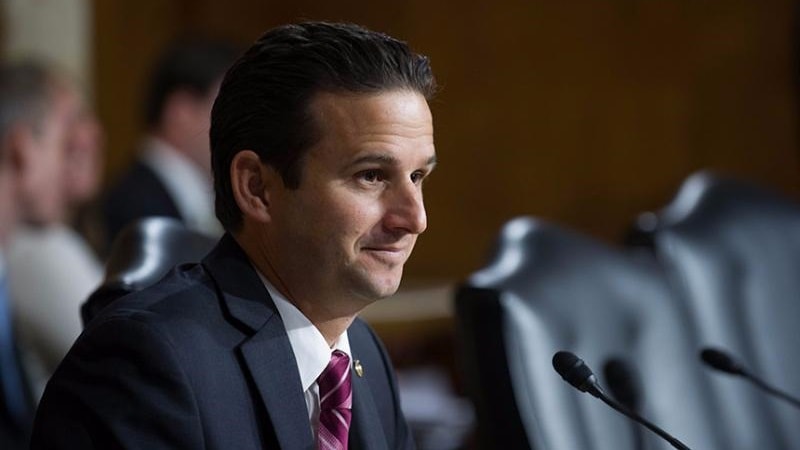
On Monday, the Senate unanimously passed the Reliable Emergency Alert Distribution Improvement (READI) Act. The READI Act will “ensure more people receive relevant emergency alerts on their mobile phones, televisions, and radios, explore new ways of alerting the public through online video and audio streaming services, track and study false alerts when they occur, and improve the way states plan for emergency alerts,” according to a press release from the bill’s sponsor Sen. Brian Schatz, D-Hawaii. The bipartisan legislation was also championed by Sens. John Thune, R-S.D., and Roger Wicker, R-Miss.
The bill was passed less than a year after Hawaii experienced a false alarm from the Emergency Alert System and Wireless Emergency Alert System, which is intended to ensure the public quickly receives emergency alerts issued by Federal, state, tribal, and local governments via the radio, television, and mobile devices.
“When a missile alert went out across Hawaii in January, some people never got the message on their phones, while others missed it on their TVs and radios,” said Schatz, who is the ranking Democrat on the Senate Communications, Technology, Innovation, and the Internet Subcommittee. “Even though it was a false alarm, the missile alert highlighted real ways we can improve the way people receive emergency alerts. Our bill fixes some of these issues and will help make sure that in an emergency, the public gets the right information they need as quickly as possible.”
A statement from the bill’s sponsors highlighted six key provisions of the bill, saying it would:
- “Ensure more people receive emergency alerts by eliminating the option to opt out of receiving certain Federal alerts, including missile alerts, on mobile phones;
- Require active alerts issued by the President or FEMA [Federal Emergency Management Agency] to be repeated. Currently, alerts on TV or radio may only be played once;
- Explore updating the system to offer emergency alerts over the internet, including to audio and video online streaming services such as Netflix and Spotify;
- Encourage State Emergency Communications Committees to periodically review and update their State Emergency Alert System Plans, which are often out of date;
- Compel FEMA to create best practices for state, tribal, and local governments to use for issuing alerts, avoiding false alerts, and retracting false alerts if they occur, as well as for alert origination training and plans for officials to contact each other and federal officials during emergencies; and
- Establish a reporting system for false alerts so the FCC [Federal Communications Commission] can track when they occur and examine their causes.”
A companion bill was introduced in the House of Representatives this July by Rep. Tulsi Gabbard, D-Hawaii. With the passage in the Senate, focus will now likely turn to advancing the bill through the House.
